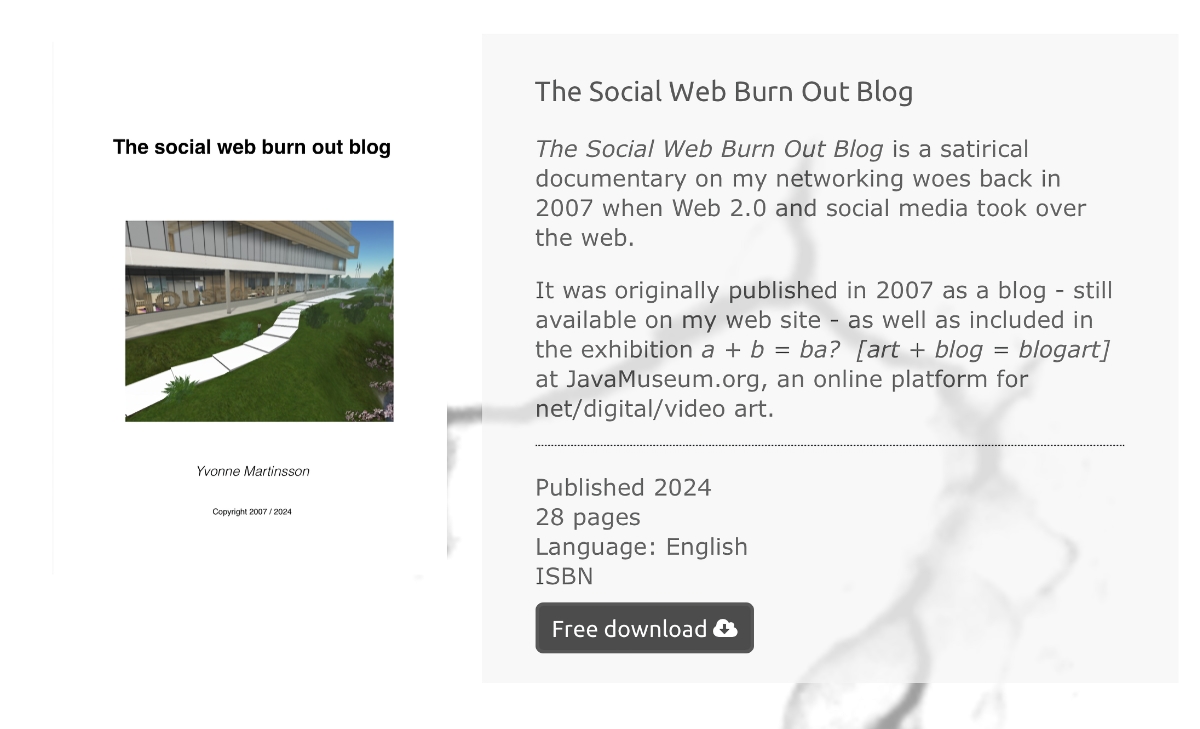the real
The real is my beginnings. I rub myself against my beginnings, against the reality of my being in the world.
The real is the place to where we return on those occasions when our fantasms give way and at times, the real overtakes me edgewise..., perplexing me out of my stasis, throwing me into the profound hedonism of the infinite intertext text of the infinite...,
The real is the mystery of the body, the mystery of the speaking body, of a body that is speaking and mortal. The real is a re-enjoyment of the body, a temporary pleasure and enjoyment of lost land, what Lacan terms jouissance.
The real is no colonizer. It does not take the body into possession, which would turn the body into a static object that has been silenced by the fantasm (of the real) on which it then would rest. Nor is the real the Dark Continent of our long lost dreams, the Mother.
The real is a question of perception, Lacan says as he turns to the phenomenology of perception of Merleau-Ponty and introduces the gaze into his seminar (The Four Fundamental Concepts of Psychoanalysis 67ff).
In La Phénomenologie, he says, we are brought back “to the regulation of form, which is governed, not only by the subject’s eye, but by his expectations, his movement, his grip, his muscular and visceral emotion - in short, his constitutive presence, directed in what is called his total intentionality” (71).
From a Buddhist point of view this stance would be the Zen of being, but in phenomenology it is rather a question of phenomenological reduction, that is, the subject is held in the gaze as it lays eye on an object.
Sources
Lacan, Jacques. The Four Fundamental Concepts of Psycho-Analysis. Translated by Alan Sheridan. Penguin, 1994.
Merleau-Ponty, Maurice. Phenomenology of Perception. Translated by Smith. London: Routledge and Kegan Paul, 1962.
